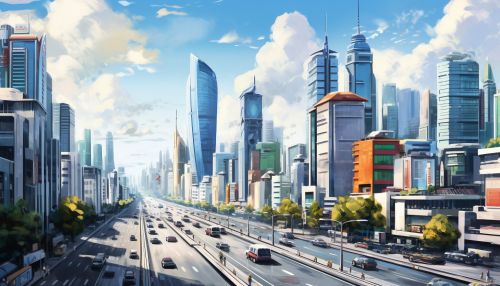History of Vietnam
Prehistoric Vietnam
The history of Vietnam can be traced back to around 500,000 years ago, with archaeological findings suggesting the existence of early hominids in the region. The Homo erectus fossils discovered in northern Vietnam indicate a well-established middle Pleistocene presence.


Dynastic Vietnam
Vietnam's history is marked by a series of dynasties that ruled over the country. The first of these was the Hong Bang Dynasty, established by the legendary Hung Kings in 2879 BC. This was followed by the Thuc Dynasty, the Chinese Domination, and the Ngo Dynasty, among others.
Chinese Domination
Vietnam was under Chinese rule for over a thousand years, from 111 BC to 938 AD. This period, known as the Chinese Domination, had a profound influence on the country's culture, language, and political structure. The Chinese introduced Confucianism, Buddhism, and other elements of Chinese culture.
Independence and Dynastic Rule
In 938 AD, Vietnam regained its independence from China under the leadership of Ngo Quyen, marking the start of a long period of dynastic rule. The Ly Dynasty, Tran Dynasty, and Le Dynasty were some of the most notable dynasties during this period, each contributing to the development of Vietnamese culture and society.
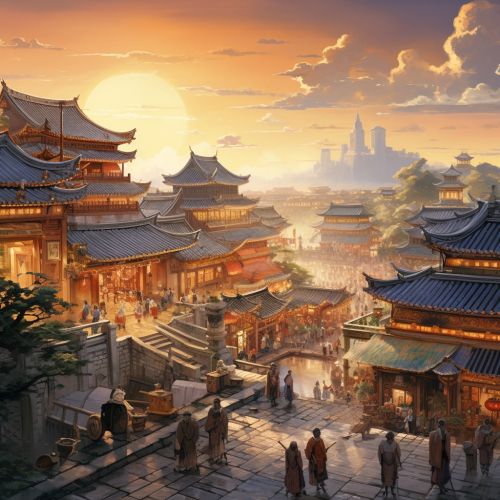
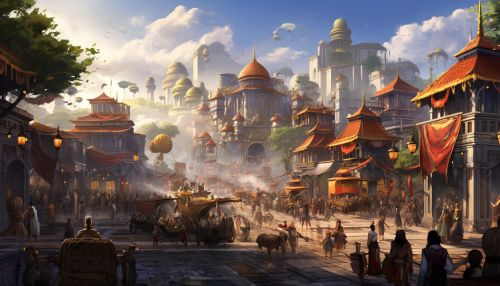
French Colonial Era
The French colonial era in Vietnam began in the mid-19th century and lasted until 1954. This period saw significant changes in Vietnamese society, with the introduction of Western-style education, Christianity, and modern administrative systems. However, it was also a time of resistance and struggle for independence.
Independence and Division
The struggle for independence culminated in the First Indochina War, which ended with the Geneva Accords in 1954. The accords divided Vietnam into North and South, with the communist-led Democratic Republic of Vietnam in the North and the anti-communist Republic of Vietnam in the South.
Vietnam War
The division of Vietnam led to the Vietnam War, a conflict that lasted from 1955 to 1975. The war was a major event in the Cold War and had significant global implications. It ended with the fall of Saigon and the reunification of Vietnam under communist rule.
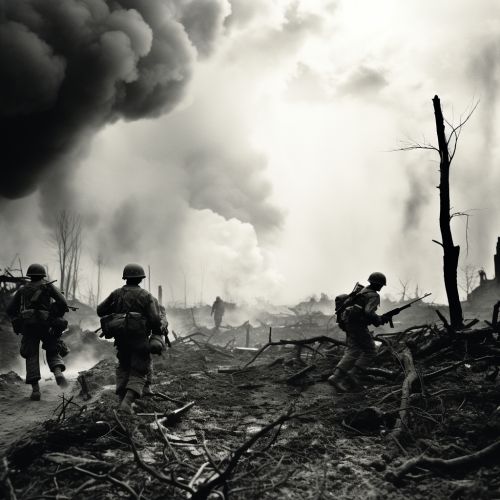
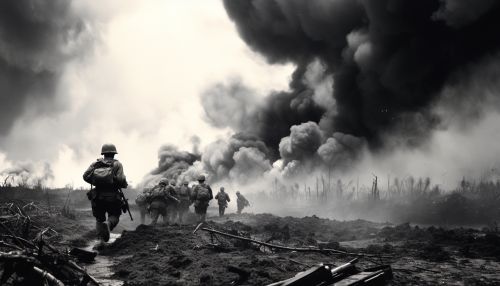
Post-War Vietnam
After the Vietnam War, the country faced numerous challenges, including economic difficulties and international isolation. However, with the introduction of the Doi Moi economic reforms in the late 1980s, Vietnam began a process of economic liberalization and integration into the global economy.
Modern Vietnam
Today, Vietnam is a socialist republic with a rapidly developing economy. It is known for its rich cultural heritage, diverse landscapes, and resilient people. Despite its turbulent history, Vietnam has emerged as a country with a promising future.

